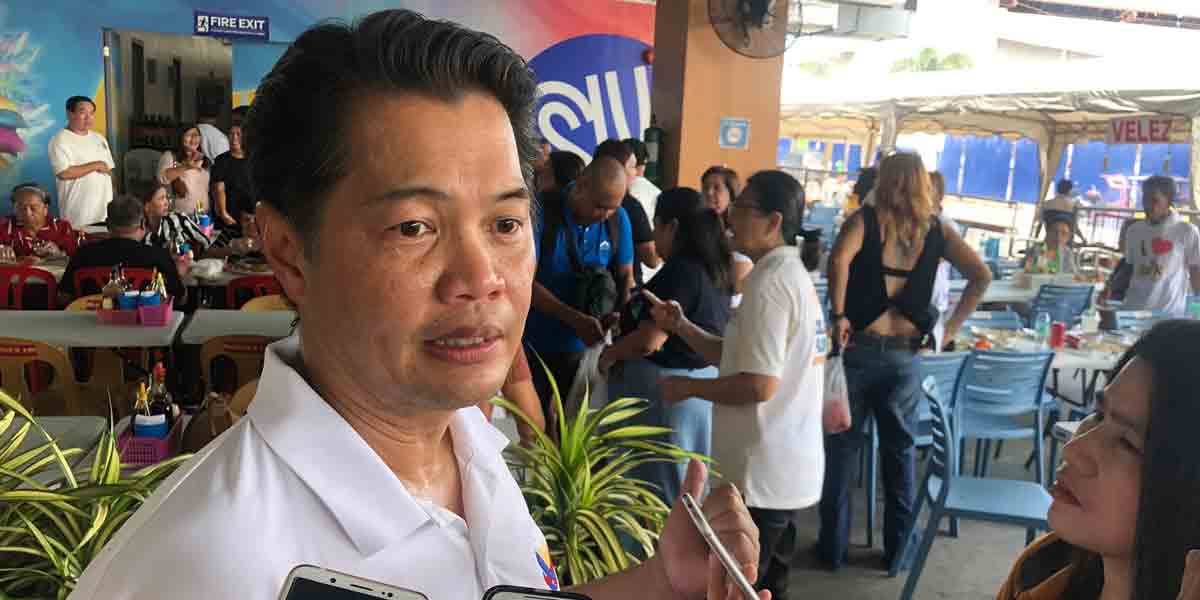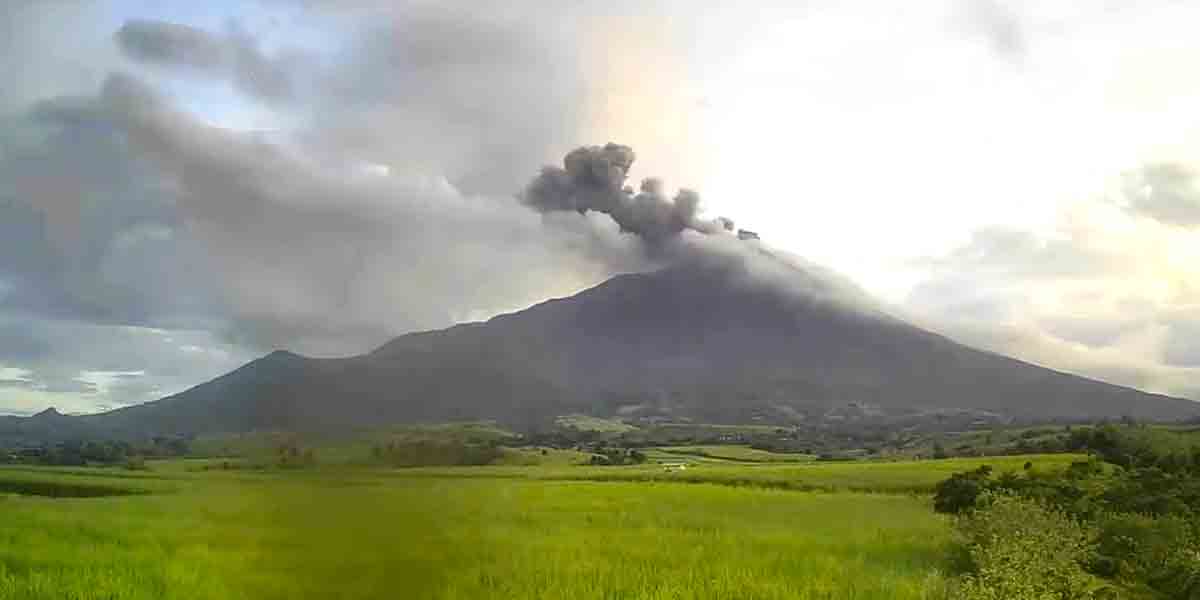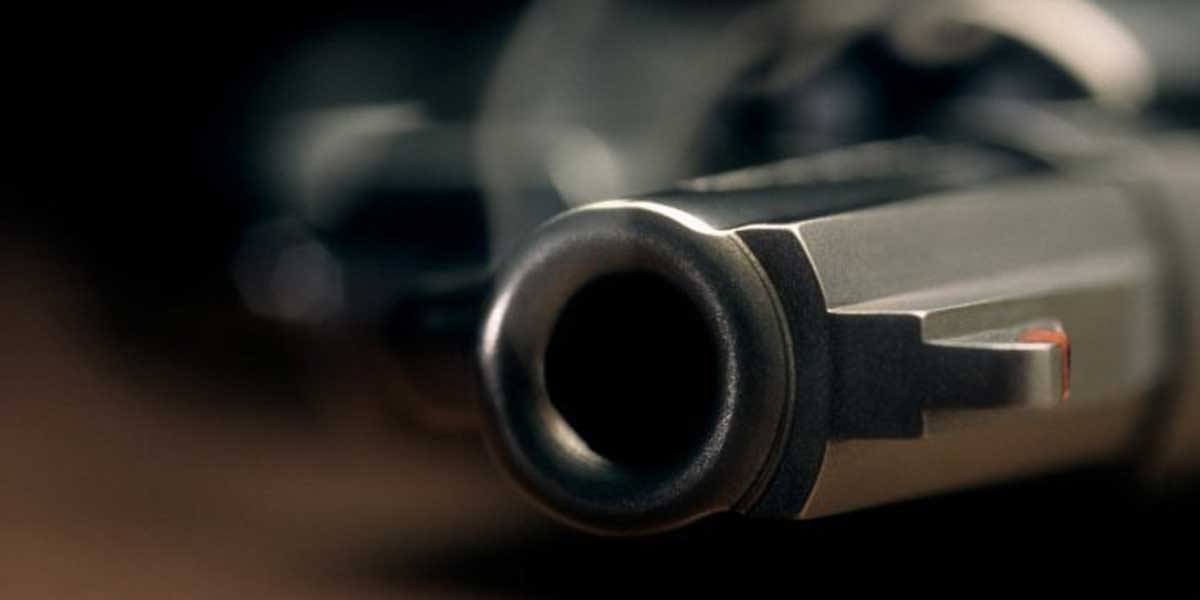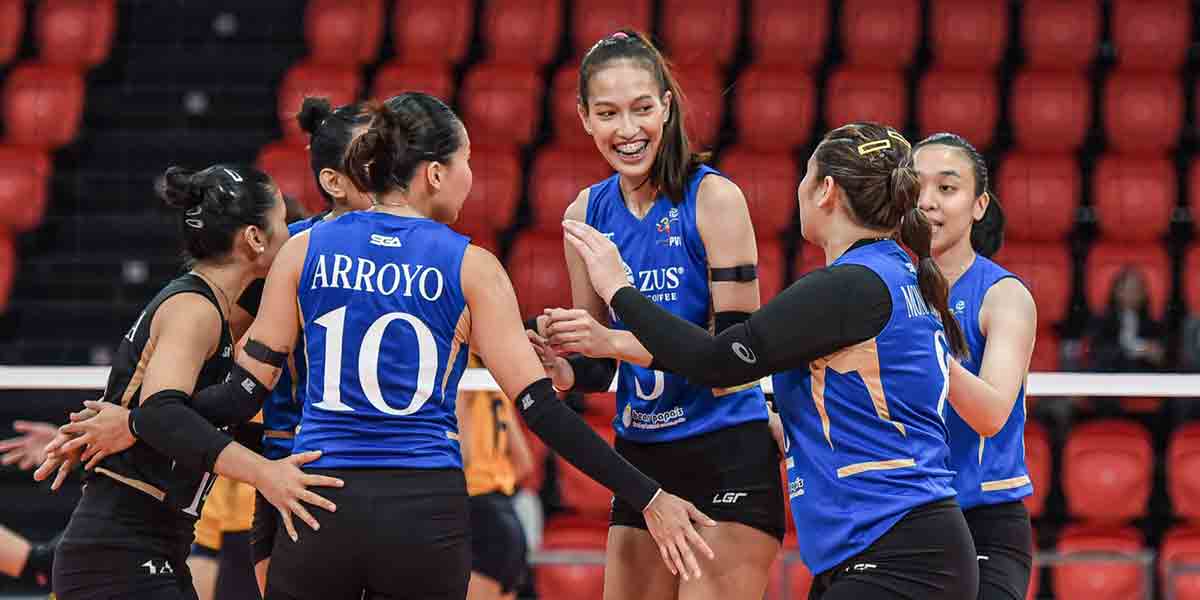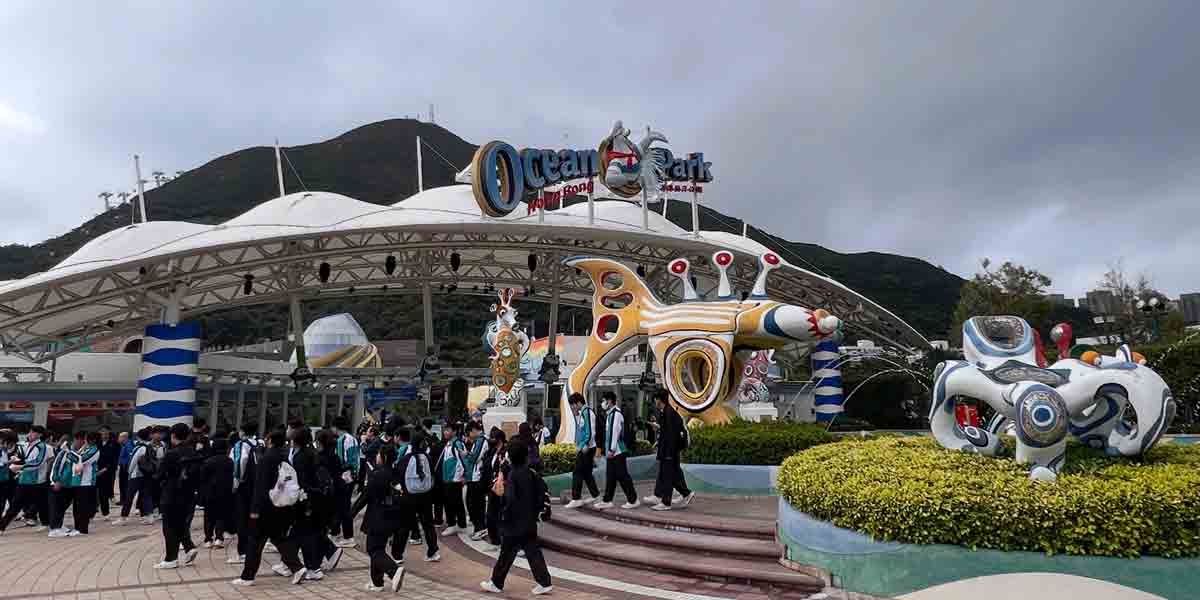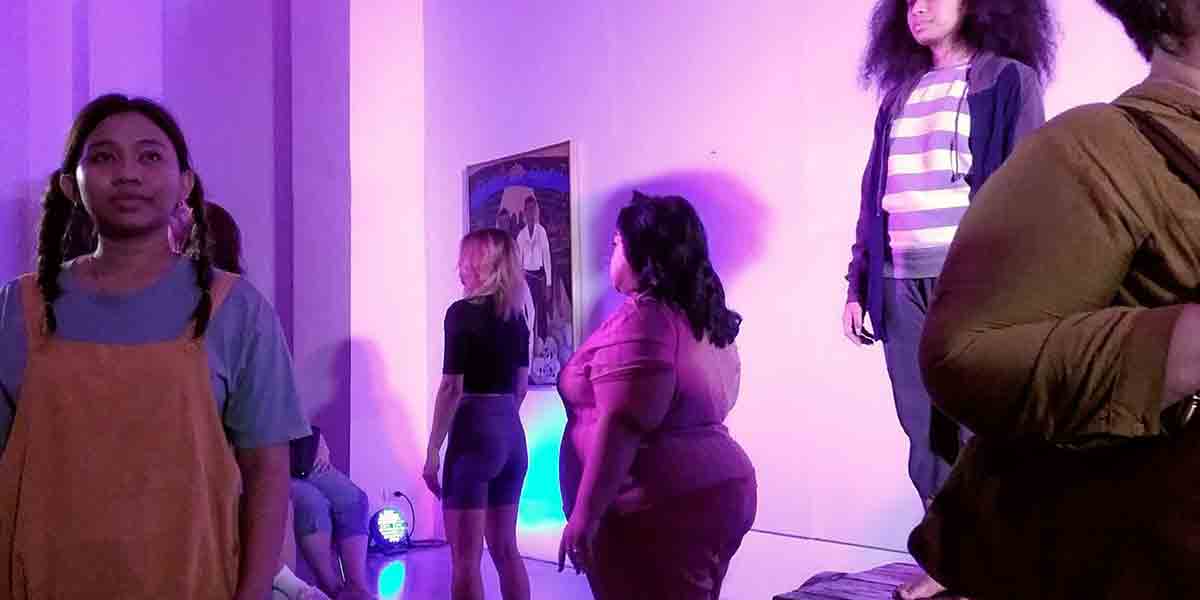
By Joseph B.A. Marzan
“We were cramped in a Love Bus, which [the next generations] haven’t seen. These are airconditioned buses of the Metro Manila Transport System. There were 5 of them which took us to Camp Crame. We opened the windows and sang [the mass song] ‘Walang sinuman ang nabubuhay para sa sarili lamang. Walang sinuman ang namamatay para sa sarili lamang’.”
This was among the most poignant memories Iloilo City Mayor Jerry Treñas recalled as a young activist when he was detained at the height of Martial Law in 1978
Treñas shared his experience in a phone interview with Daily Guardian on Sunday.
Today is the 48th year of the imposition of Martial Law in the Philippines by the late dictator Ferdinand Marcos Sr.
Before he became a fixture in Iloilo City’s political landscape, Treñas was already active in campus politics as a Political Science student at the Ateneo De Manila University in Quezon City.
He joined the Partido Demokratiko Sosyalista ng Pilipinas or the Philippine Democratic Socialist Party (PDSP) in his second year in college and became student council president in his third year.
By the time he became student council president, the PDSP had been organizing clergymen and students within Ateneo.
The PDSP at the time was one of the most vocal groups to oppose the policies of the Marcos administration.
Marcos became President of the Philippines in 1965 and publicly declared Martial Law on Sept. 23, 1972 via Presidential Proclamation No. 1081. The proclamation was believed to have been signed on Sept 21.
“When I was in my second year in Ateneo, I joined the Partido Demokratiko Sosyalista ng Pilipinas. When I was in my third year, I ran for the presidency of our Student Council. The PDSP was already organizing in Ateneo, the Jesuit seminarians, the seminarians in the San Jose Seminary, the Ateneans in the student council and in the different organizations,” Treñas said of his early entry into politics.
Shortly after his graduation in March 1978, Treñas joined members of the PDSP in campaigning for the opposition coalition Lakas ng Bayan (LABAN) in the April 7, 1978 snap elections for the Interim Batasang Pambansa.
The creation of the Interim Batasang Pambansa was part of transitory provisions under 1976 amendments to the 1973 Constitution, which was the ruling fundamental law at the time.
PDSP was active with the LABAN’s official periodical, Malayang Pilipinas.
LABAN was led by then-Senator Benigno “Ninoy” Aquino Jr., who had been in detention.
The then-LABAN coalition was up against Marcos’ party, the Kilusan ng Bagong Lipunan (KBL), led by Marcos and his wife, Imelda.
The KBL went on to win 150 of the 165 total seats with 74.97 percent of all votes in the country.
LABAN, the main opposition group, did not win any seats but took 10.36 percent of the total vote tally.
Majority of the remaining seats went to Pusyon Bisaya or the Visayan Coalition, which was led by Hilario Davide Jr. who would then become Chief Justice in 1998.
On April 9, 1978, two days after the election, Treñas, along with his brother Francis, joined other student council officers from Ateneo to protest the election results.
Notable people who joined these protests were opposition stalwarts Jose Diokno, Lorenzo Tañada, Eva Estrada-Kalaw, Joker Arroyo, and PDSP founder, Fr. Romeo Intengan, whom the mayor called his political mentor.
Treñas, together with outgoing and incoming officers of the Ateneo’s student council, were arrested in front of the University of Santo Tomas in España, Manila.
“Two days after the election, we marched. While we were marching, we were with the incoming student council officers at the time. We were all taken, both outgoing and incoming officers, in front of UST. We were first taken to Camp Crame, then Camp Aguinaldo, and then to Bicutan. At that time, we were also together with Senator [Jose] Diokno, Senator [Lorenzo] Tañada, and Senator Eva Estrada-Kalaw. [Former] Vice President [Jejomar] Binay was a lawyer at that time with Joker Arroyo. With them was my political mentor, Fr. [Romeo] Intengan,” Treñas recounted.
Further recalling their singing inside the Love Buses, Treñas said that their thought at the time was that they were responsible for the country.
He added that they could not bear witness to the continuation of Martial Law.
“I was detained for five days, because we were many, around 500. We were released on April 14, through the intercession of Fr. Joe Cruz, who was the retreat master of [Ferdinand] Marcos at the time. Our thought while singing that [song] at the time was that we were responsible for the country. We felt at the time that if we did not start moving, Martial Law will continue to extend,” the mayor said.
Marcos lifted Martial Law on Jan. 17 1981 via PP No. 2045.
He and his family, however, would go on to rule the country until 1986, when they fled to Hawaii as an aftermath of the EDSA People Power Revolution.
The LABAN coalition would then spin off into a full-fledged party and in 1983 merge with the Partido Demokratiko ng Pilipinas to form PDP-LABAN.
The party fielded Ninoy’s wife, Corazon, for the hotly contested 1986 snap presidential elections, wherein both pro and anti-Marcos camps declared victory.
PDP-LABAN is also the party of the current president, Rodrigo Duterte, and has been part of the majority of both houses of Congress since 2016.
Treñas himself became a member of PDP-LABAN from 2016 to 2018 as a Representative of Iloilo City’s lone Congressional district.
Speaking about modern-day activists, the mayor said that there is still a need for more activists to generate ideas to keep democracy alive.
He also warned that the ideas that activists “spark” cannot happen overnight, and their efforts must be continuous.
“I think there really is a need for activists to start moving because our democracy will really be alive if there are people who will always question the hinges of repression in our freedom. I feel the need of activists. For me, while people are still waiting where the majority will go, there should be people who should already start ideas. I think the EDSA Revolution did not happen overnight. All of this came about because of actions made by several people several years before that,” he said.

